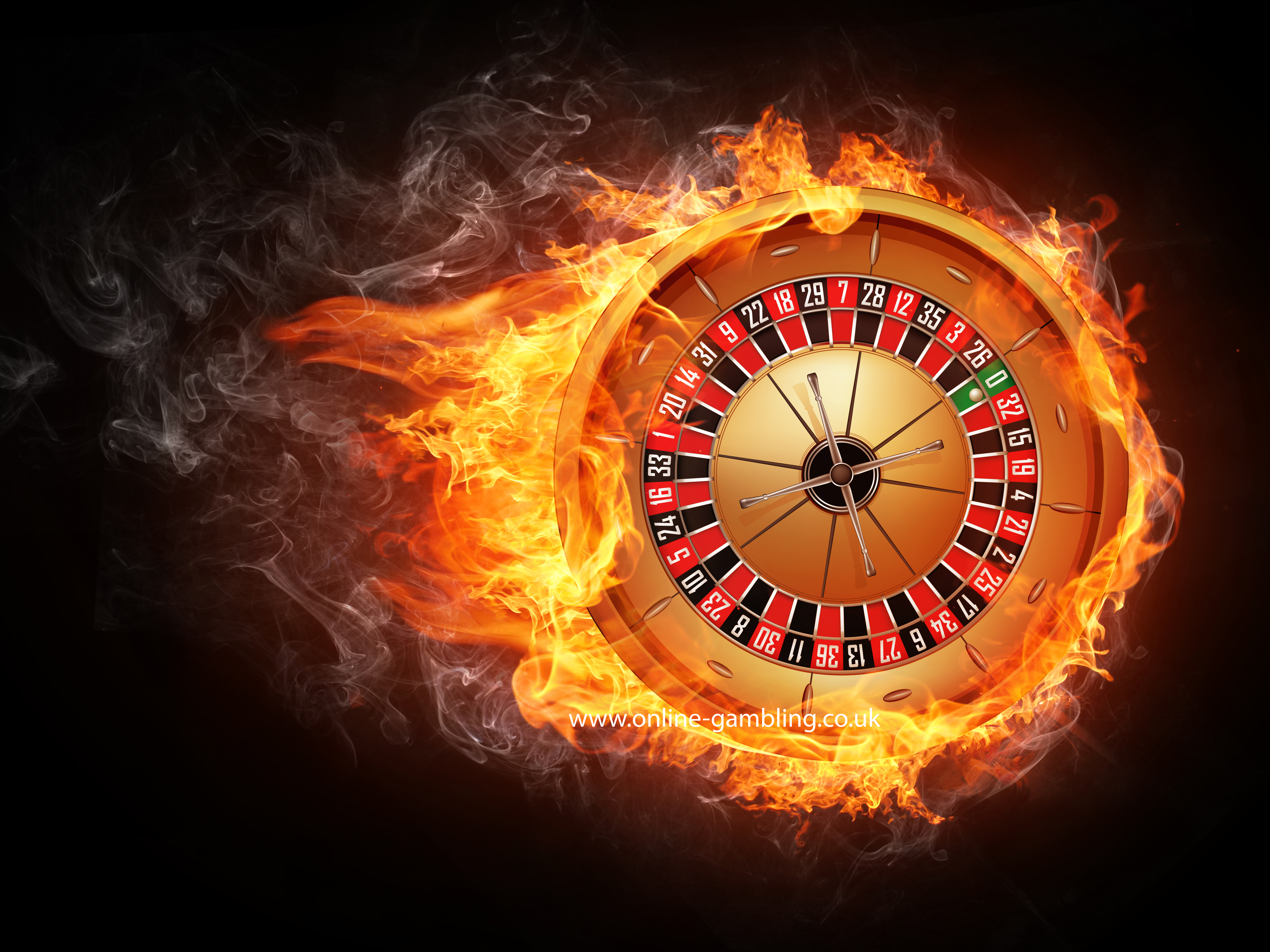
Gambling games have enthralled players for centuries, progressing from easy diversions to intricate adventures that integrate fortune, tactics, and entertainment. From the historical origins of gambling in cultures like Mesopotamia and Rome to the dazzling corridors of contemporary casinos, the journey of these games reveals much about the human experience and our connection with luck. As societies have intertwined and innovation has progressed, casino games have changed, illustrating societal changes and innovations in gameplay.
The earliest forms of gambling likely included basic games involving dice and wagering on the results of sporting events. As time passed, these basic forms of gambling grew into more structured games like playing card games, roulette, and the multitude slot machines that populate the premises of casinos today. Each period brought its own set of rules, aesthetics, and social relevance. In the current era, casino games maintain their evolution with the rise of online platforms, enabling players from various parts of the world to engage in a shared experience, further fusing the traditional with the modern era.
Early Roots of Gaming Activities
Gaming games have foundations that extend back to old societies, where betting was strongly entrenched in cultural practices and social rituals. The initial known instances of gambling appeared in ancient Mesopotamia around 3000 BC, involving primitive die games made from bone bones. These initial games laid the groundwork for more complex gambling activities, demonstrating humans’ innate urge to seek fortune and entertainment through luck.
As societies progressed, so did their gambling pursuits. In historic China, around 2300 BC, objects were discovered that looked like primitive basic forms of a lottery game game. More organized forms of gambling arose in the Roman Empire, where games of luck were a frequent pastime, often taking place in social events. The ancient Romans developed various wagering activities, which composed die and board activities, illustrating the widespread nature of betting across different economic classes.
With the flow of ages, these early games contributed to the progress of modern casino games. In the Middle Ages, playing card activities emerged prevalent in European culture, paving the way for the organized gambling venues we know today. The change from casual gambling to organized gaming in pubs and personal houses marked a significant transformation in how people engaged with games of luck, leading to the subsequent creation of gaming houses as dedicated venues for gambling.
The Rise of Modern Casino Gaming
The late 20th century marked a significant change in the field of casino games, driven by tech innovations and changes in cultural attitudes towards gambling. The emergence of personal computers and the internet revolutionized the way gamblers interacted with their preferred games. link alternatif kastatoto Online casinos emerged, allowing enthusiasts to enjoy traditional casino classics like poker and blackjack from the comfort of their own homes. This emerging online environment not only broadened access to casino games but also drew in a younger demographic who found the comfort and diversity tempting.
As online gambling gained popularity, so did innovations in gaming technology. The creation of sophisticated programs and graphics transformed traditional casino games into captivating adventures. Players could now interact with live live dealers through live streaming, importing the feel of brick-and-mortar casinos directly into their homes. This blending of live gaming with digital interfaces created a unique hybrid experience that boosted the community element of gambling, allowing it possible for individuals to engage and compete with fellow gamers around the globe.
Furthermore, the rise of gaming on mobile devices significantly changed the gambling environment. With the widespread use of smartphones and touch devices, gamblers can play their favorite gaming options at any location, whenever. Mobile apps offer a extensive range of options optimized for touchscreens, serving the dynamic lifestyle of contemporary gamers. This easy access has resulted in increased involvement in gambling, driving the exponential growth of the gaming industry. As a result, the prospects of gambling continues to progress, responding to new technologies and changing consumer preferences.
How Technology Influences Casino Games
The evolution of technology has significantly transformed casino games, enhancing the overall gaming experience for gamblers globally. With the introduction of the internet, online casinos were created, allowing players to enjoy their favorite games from the safety of their own homes. This shift not only made casino games more accessible but also increased the variety of games offered, as online platforms could offer many different versions of traditional games without the limitations of physical casinos.
Mobile technology further revolutionized the casino gaming landscape. With the proliferation, players now have the ability to engage in casino games anytime and anywhere. This mobility has resulted in the creation of dedicated mobile applications and optimized websites that provide seamless gaming experiences. Additionally, innovations such as live dealer games have brought the authentic atmosphere of a casino into players’ living rooms, bridging the gap between physical and online gaming.
Furthermore, advancements in artificial intelligence and virtual reality are paving the way for the next generation of casino games. AI enhances game design and player interaction, creating tailored experiences based on user behavior and preferences. Meanwhile, virtual reality offers immersive environments where players can engage in a virtual casino environment, making the gaming experience more engaging and lifelike. As technology continues to evolve, the future of casino games looks promising, filled with endless possibilities for innovation and entertainment.
